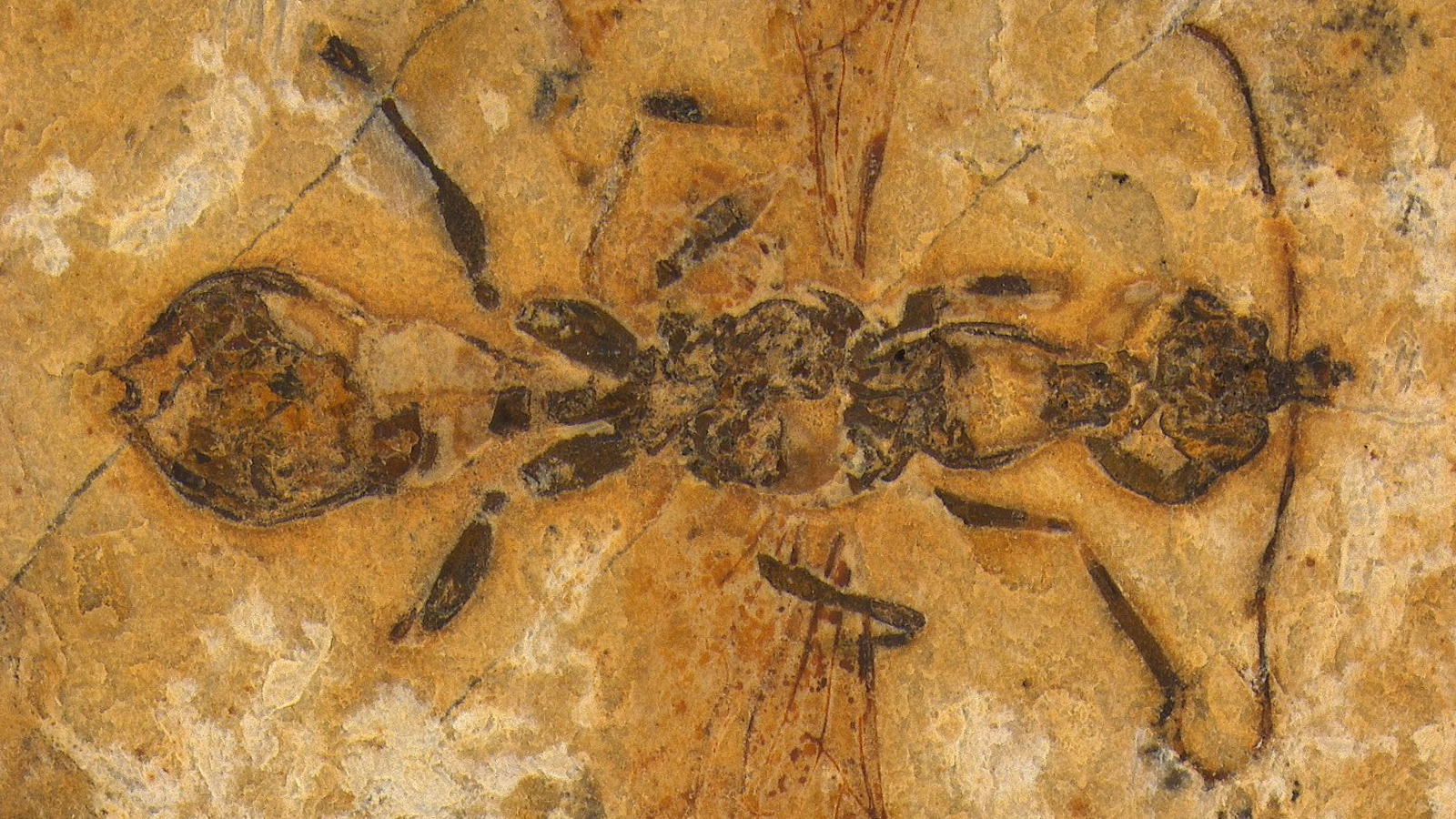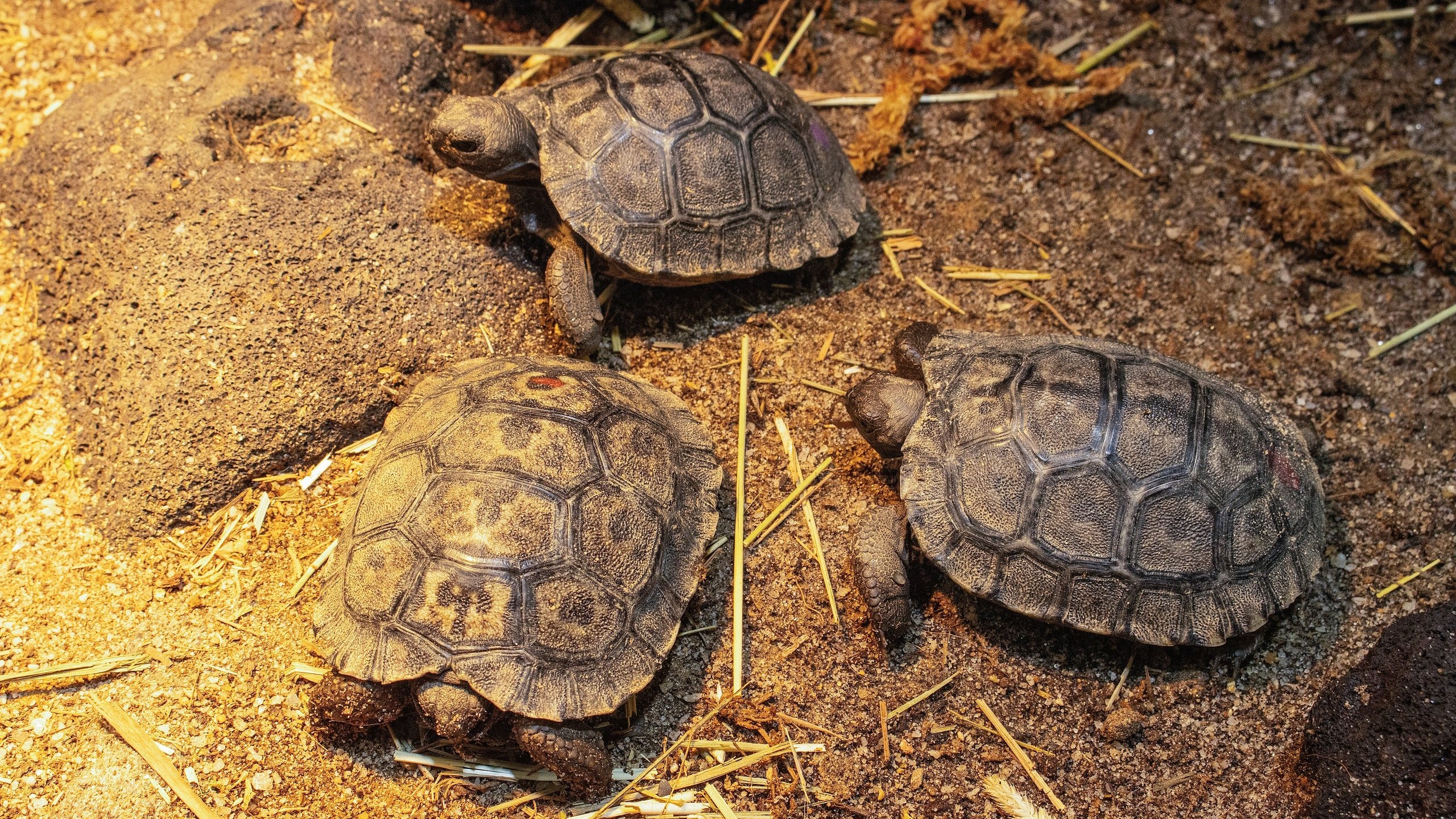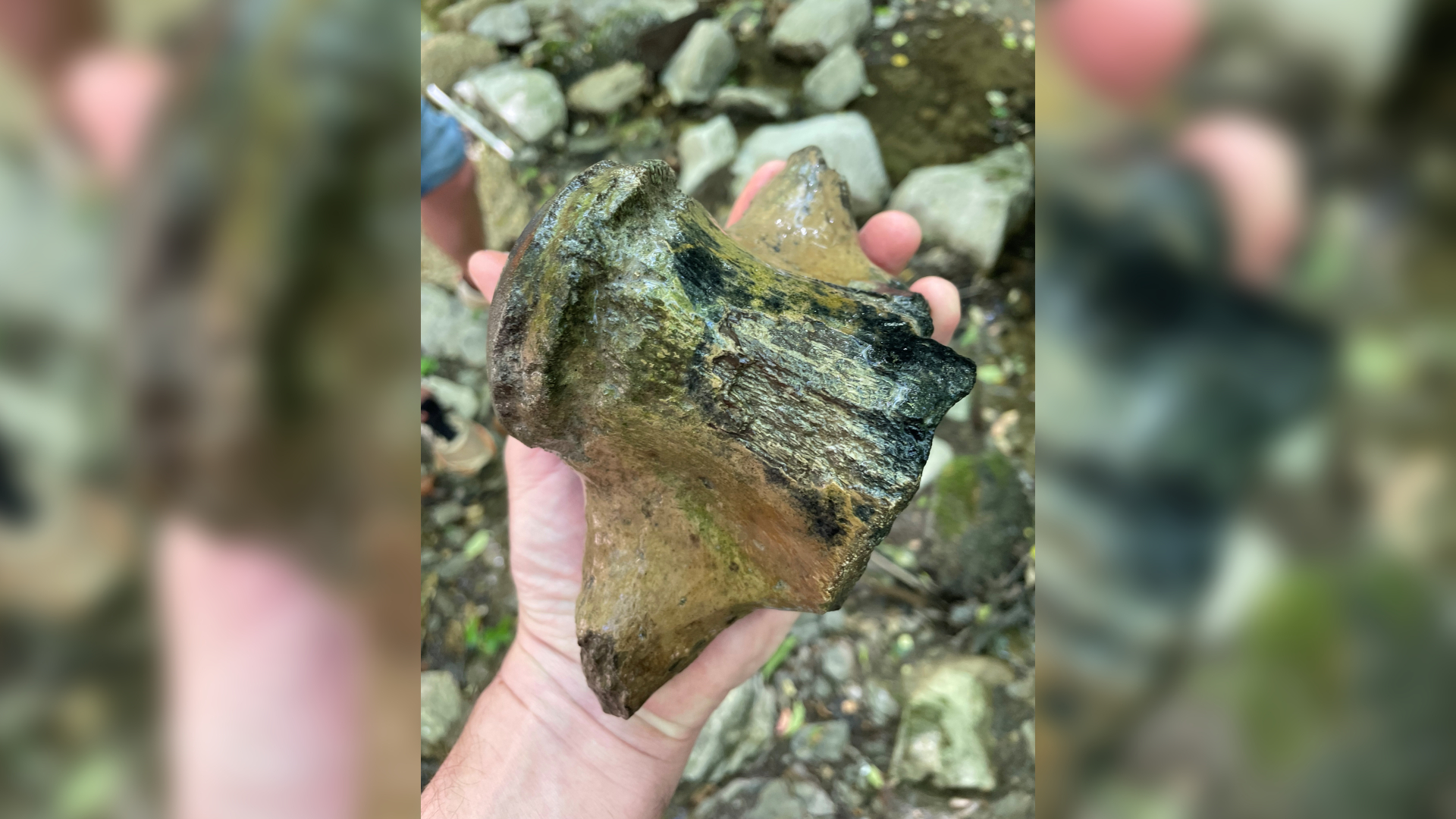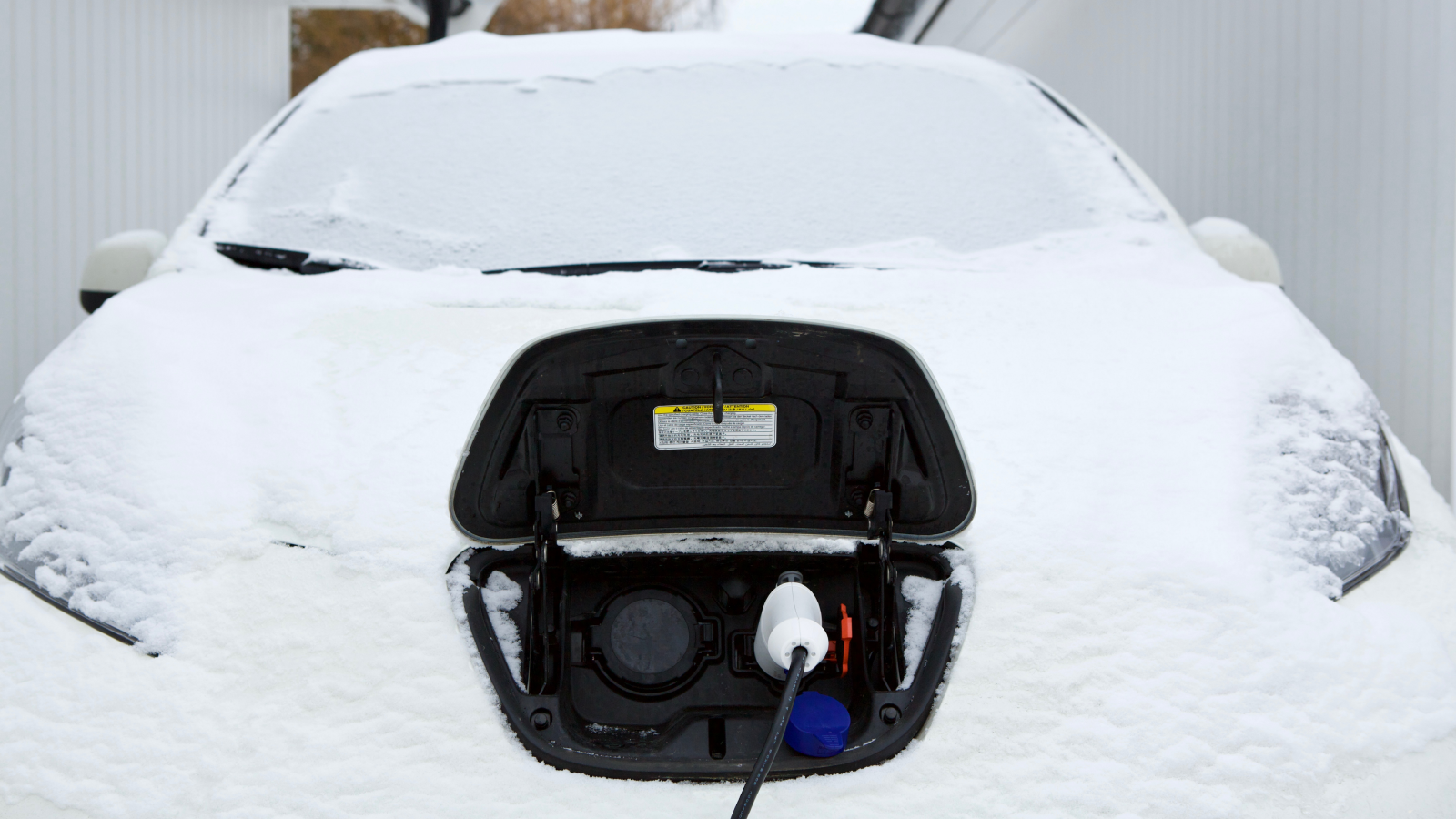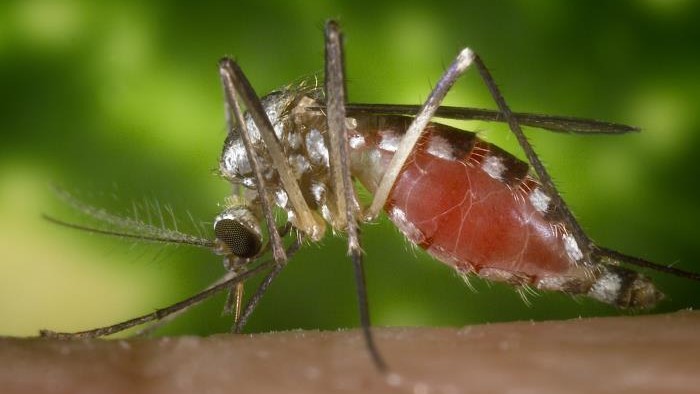
An MIT meteorologist said three years ago that he would bet money that global average temperatures would cool back down in 20 years. The quote triggered a flurry of Internet dialogues and prompted scientists to challenge each other to make bets on climate-change issues.
One scientist took the wagering meteorologist, Richard Lindzen, up on his bet, but the deal fell apart over a disagreement about odds.
Now, an online gambling service is giving the public a chance to do what scientists have been doing among themselves for years. The service, BetUS.com, announced it will give members a chance to wager on various global warming-related issues.
But scientists warn the odds are designed to part suckers from their cash.
Pop culture gaming
BetUS.com spokesman Reed Richards said the company will personally back numerous bets, or “propositions,” posted on the website related to global warming. “It’s part of a campaign we’ve been doing for the past two and a half years called ‘pop culture gaming,’” Richards said. “You can wager on things in the headlines.”
One bet gives members 1-to-5 odds that scientists will prove global warming exists beyond any scientific doubt by the end of this year. Another gives 100-to-1 odds that polar bears will be extinct by 2010. (A complete list of all the global-warming related bets is listed at the end of this article.)
Sign up for the Live Science daily newsletter now
Get the world’s most fascinating discoveries delivered straight to your inbox.
Richards said “thousands” of people have already placed money on the company’s global-warming bets, with $10 being the average wager.
A dozen analysts combed through scientific studies on global warming to create the odds, Richards said.
“This is where the advantage is to the player,” Richards said in a telephone interview. “Unlike sports, where there are set formulas and statistics and numbers, these are variables that we can’t anticipate.”
A risky wager
Climate scientists disagree that the public has the upper hand. Gavin Schmidt, a climate modeler at NASA’s Goddard Institute for Space Studies (GISS) in New York, said the bets are “designed to part fools from their money.”
For example, one of the bets the website offers is 150-to-1 odds that the oceans will rise six inches on average worldwide by the end of the year. “It’s more like a billion to one,” Schmidt told LiveScience. “Anyone who puts money on that would be an idiot.”
Another bet for the taking has odds of 100-to-1 that Manhattan will be under water by 2012. “Do they have any idea how high the peak of Manhattan is?” Schmidt said. (The highest natural point in Manhattan is 265 feet above sea level)
James Annan, a climate scientist at the Frontier Research Center for Global Change in Japan, said many of the bets are “silly” and mostly of the “Elvis will be found alive and living on the Moon” type.
However, there is one bet Annan said he might consider. BetUS.com is offering odds of 300-to-1 that humans will find a way to reverse global warming so efficiently that global freezing becomes a factor by 2020.
“This is really more technological and political speculation than climate science,” Annan said. For example, scientists could achieve this chilling effect by injecting enough sun-blocking dust into the atmosphere or placing a large sunshade in space.
“300-to-1 might make this worth considering, I suppose,” Annan said.
Scientists do it
While new to most of us, betting on global warming is old hat to some scientists.
In 2005, Annan offered to take Lindzen, the MIT meteorologist, up on his bet that global temperatures in 20 years will be cooler than they are now. However, no wager was ever settled on because Lindzen wanted odds of 50-to-1 in his favor. This meant that for a $10,000 bet, Annan would have to pay Lindzen the entire sum if temperatures dropped, but receive only $200 if they rose.
“Richard Lindzen’s words say that there is about a 50 percent chance of [global] cooling,” Annan wrote about the bet. “His wallet thinks it is a 2 percent shot. Which do you believe?”
Soon after, however, Galina Mashnich and Vladimir Bashkirtsev, two Russian solar physicists who argue global temperatures are driven by changes in the Sun’s activity, agreed to Annan’s bet.
The two camps have agreed to compare global temperatures between 1998 and 2003 with those between 2012 and 2017. The loser will pay up in 2018.
Since 2005, Annan said he has offered to make bets with other global warming skeptics. “There have been a few nibbles since but nothing substantial has turned up,” Annan said in an email interview.
Few climate scientists seem willing to bet against the effects of global warming. “A couple of colleagues have offers on the table, but there are no takers on the other side,” he added.
A measure of truth
Schmidt said betting on global warming is a good measure of a global warming nay-sayer’s conviction.
“Most people who claim to be contrarians and say the planet is going to cool, none of them will put their money where their mouth is,” he said. “It’s been a very good way of showing that a lot of the noise that you hear from the wackier elements is in fact just noise and actually is not based on anything.”
Schmidt described one bet he personally negotiated with a Canadian paleo-climatologist one night over a dinner that included wine.
“I said it will warm more than 0.1 degree [Celsius] in the next decade. He said it would warm less than that,” Schmidt said. “But then in the morning, when he may have sobered up, and I tried to get a confirmation that was the bet that we had, I heard no more.”
Global Warming Related Bets Offered by BetUS.com (see notes below regarding * and #):
- It's proven that global warming exists beyond any scientific doubt before Dec. 31, 2007 Yes - 1/5* #
- It's proven that humans caused global warming beyond any scientific doubt before Dec. 31, 2007 Yes - 2/1*#
- The ocean will rise six inches by the end of the year (worldwide as an average) Yes - 150/1
- Polar Bears will become extinct by 2010 Yes - 100/1
- A car that runs solely on water will hit the market by 2008 (must be a stock car produced for mass consumption) Yes - 150/1
- Antarctica will become livable for humans by 2015 (must be able to sustain crops in order for wager to win) Yes - 500/1
- Humans will find a way to reverse global warming so efficiently that global freezing becomes a factor by 2020 Yes - 300/1
- Manhattan will be under water before 12/31/11 Yes - 100/1
- Florida will be under water before 12/31/11 Yes - 10/1
- Cape Cod is submerged by 2015 Yes - 150/1
- Cape Hatteras is submerged by 2015 Yes - 300/1
- Cape Canaveral is submerged by 2015 Yes - 100/1
- Cape Henry is submerged by 2015 Yes - 200/1
- Cape May is submerged by 2015 Yes - 200/1
*To qualify as proven, "the government would have to announce in a statement that the study is without flaw and also conclude it is real without any scientific doubt," BetUS.com spokesman Reed Richards said.
# Of these bets, James Annan said: “Under the definition of ‘the government says so,’ then we seem to be pretty much there, since the [U.S.] government has endorsed the IPCC report. ‘Beyond any scientific doubt’ is poorly worded though. I don’t expect anyone in any official position to use that exact form.”
More to Explore
- 10 Surprising Results of Global Warming
- Emerging Environmental Technologies
- Video: Goldilocks and the Greenhouse
- How You Can Fight Global Warming
Global Warming Features
- Earth Will Survive Global Warming, But Will We?
- Strange Weather's Loose Link to Global Warming
- Global Warming or Just Hot Air? A Dozen Different Views
Recent Climate Change News
- Supreme Court Rebukes Bush on Carbon Dioxide Policy
- EU Presses United States on Global Warming
- Report Details Global Biological Change
- Charge: Carbon Dioxide Hogs Global Warming Stage
- Sun Blamed for Warming of Earth and Other Worlds


